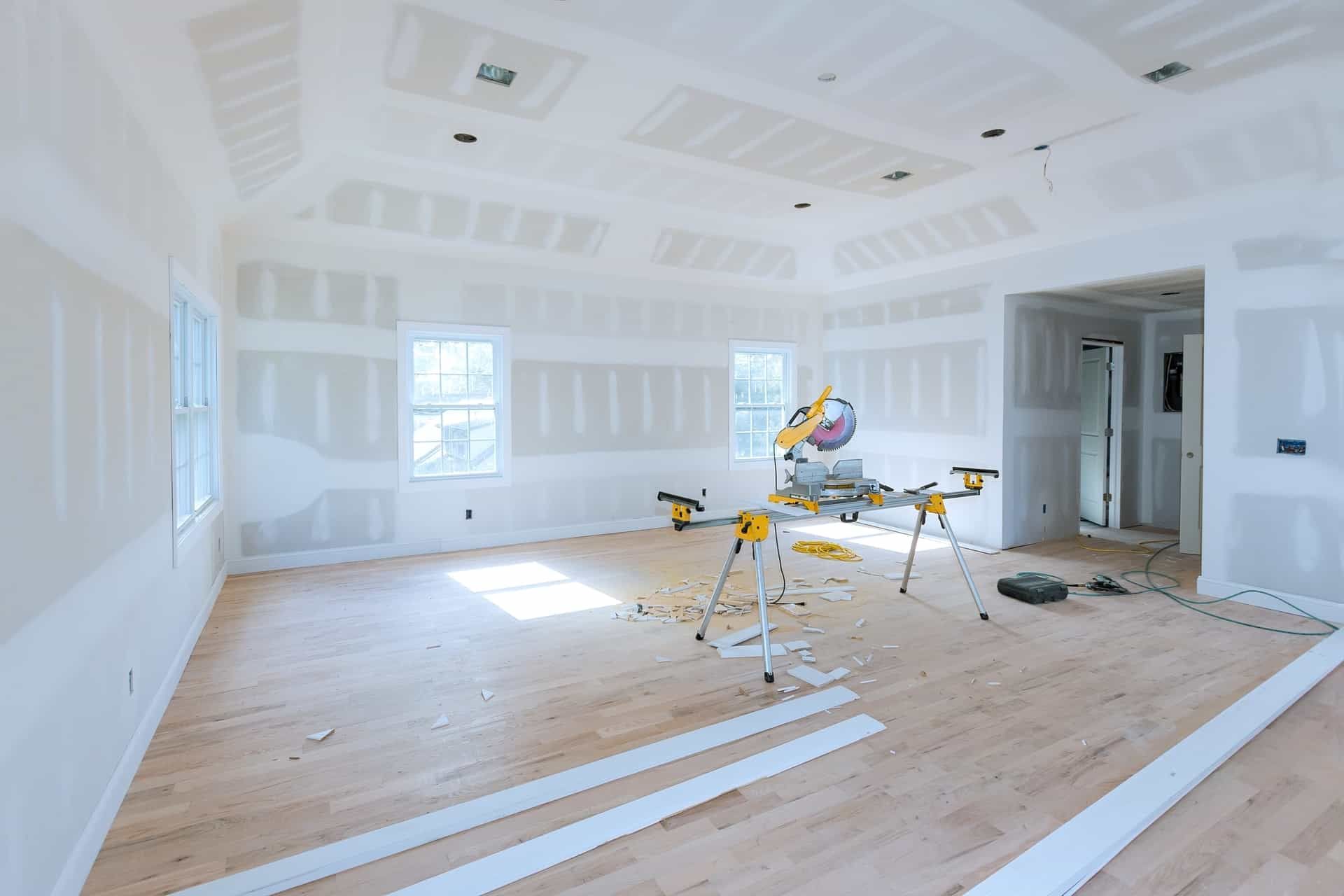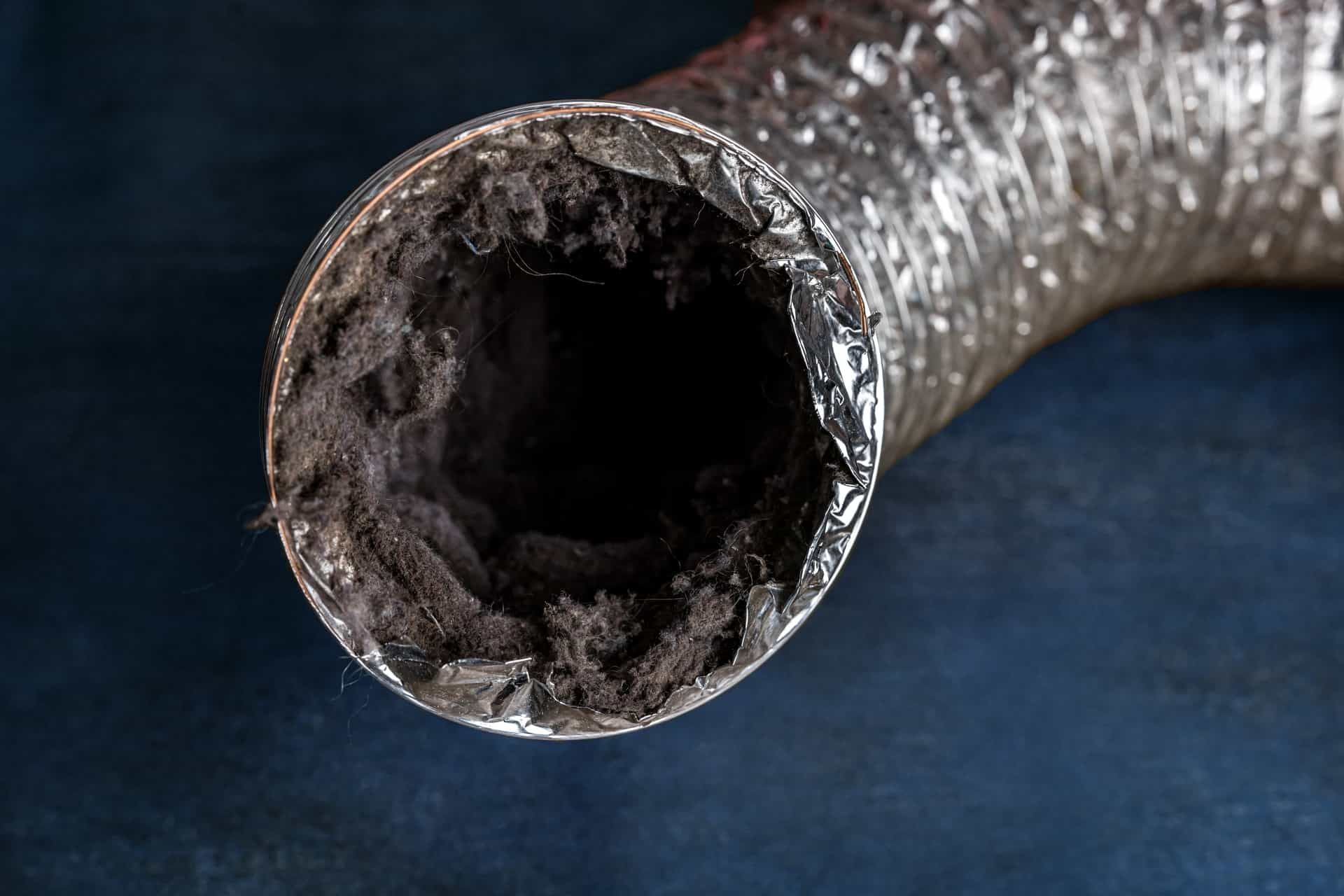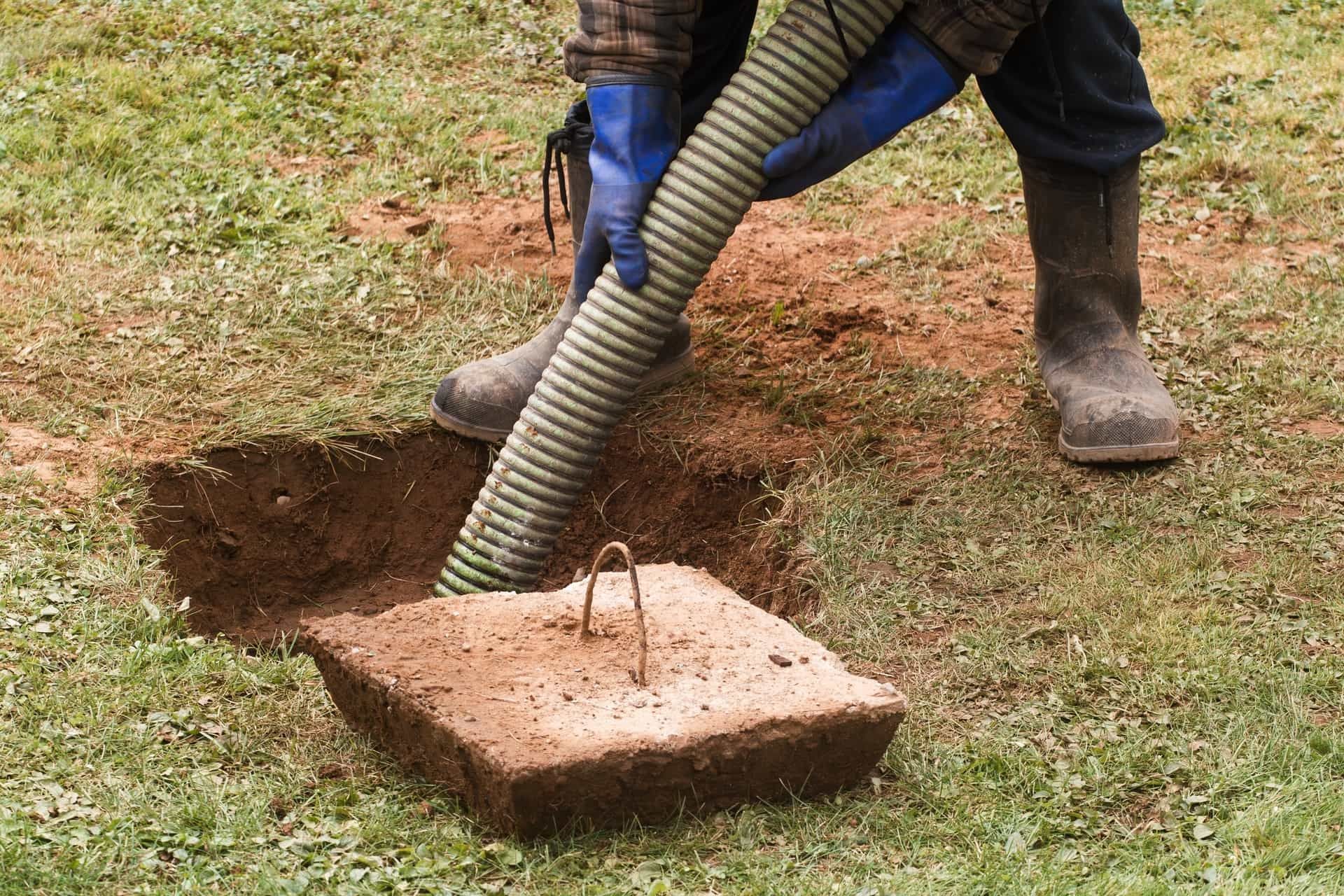What Are the Common Reasons for 4 Point Inspection Failures?
When buying a home or renewing your homeowners insurance, you might be required to get a 4-point inspection. This inspection focuses on four key areas of your home: roofing, electrical, plumbing, and HVAC (heating, ventilation, and air conditioning). If any of these areas are in poor condition, you could fail the inspection, leading to costly repairs or difficulty obtaining insurance.
In this article, we’ll explore the most common reasons for 4-point inspection failures and how you can avoid them.
1. Roofing Issues
A home’s roof plays a critical role in protecting it from the elements. If your roof is in poor condition, it can lead to leaks, structural damage, and insurance complications. Common roofing problems that cause 4-point inspection failures include:
- Old or deteriorating roof – Many insurance companies require the roof to have at least 3-5 years of remaining lifespan; however, this can vary significantly by insurer and region. Some may have stricter requirements.
- Missing or damaged shingles – Shingles that are cracked, curled, or missing can indicate potential leaks.
- Water damage or leaks – Evidence of water intrusion, such as mold, stains, or soft spots, can signal major issues.
- Improper repairs – Roof patches or DIY fixes that don’t meet professional standards can lead to an inspection failure.
How to Avoid Roofing Issues:
- Get a professional roof inspection regularly.
- Repair or replace damaged shingles promptly.
- Consider a full roof replacement if it’s nearing the end of its lifespan.
2. Electrical System Problems
An outdated or faulty electrical system can pose a fire hazard, making it one of the most common reasons for a 4-point inspection failure. Some of the most frequent electrical issues include:
- Old wiring – Homes with outdated wiring, such as knob-and-tube or aluminum wiring, often fail inspections because they pose a fire risk.
- Double-tapped breakers – When two electrical wires are connected to a single circuit breaker, it can cause overheating and fires. Not all insurers will automatically disqualify a home based on this issue; many will allow for repairs before coverage is issued.
- Faulty electrical panels – Certain electrical panels, such as Federal Pacific Electric (FPE) and Zinsco, are known to have safety defects and often need replacement.
- Exposed wiring – Loose or exposed wires can be dangerous and lead to failure.
How to Avoid Electrical Issues:
- Upgrade outdated electrical panels and wiring.
- Hire a licensed electrician to inspect and repair any electrical problems.
- Avoid DIY electrical work that could cause safety hazards.
3. Plumbing System Defects
Plumbing problems can cause extensive water damage, mold growth, and costly repairs. Inspectors will check for signs of leaks, corrosion, and outdated materials that could lead to failure. Common plumbing issues include:
- Polybutylene pipes – These pipes were commonly used in homes built between the 1970s and 1990s but are known to fail and are no longer considered reliable. Many insurers do not accept homes with these pipes.
- Active leaks – Even small leaks can cause big problems. Inspectors look for evidence of water damage, such as stains, mold, or warped flooring.
- Corroded or rusted pipes – Older galvanized steel or cast-iron pipes are prone to corrosion and can lead to water contamination or leaks.
- Low water pressure – Weak water flow can indicate potential blockages or pipe deterioration.
How to Avoid Plumbing Issues:
- Replace outdated plumbing materials like polybutylene and galvanized steel.
- Fix any leaks immediately to prevent further damage.
- Schedule routine plumbing maintenance to detect and address issues early.
4. HVAC System Failures
Your home's heating, ventilation, and air conditioning (HVAC) system is vital for maintaining comfort and energy efficiency. During a 4-point inspection, which is often required by insurance companies, issues with your HVAC system can lead to red flags on the inspection, which may adversely affect the home's insurability. Common HVAC problems include:
- Old or non-functional systems: Insurance providers typically require HVAC systems to be operational and well-maintained. An outdated or malfunctioning system may not meet their standards.
- Leaking or damaged ductwork: Leaks in air ducts can significantly reduce efficiency and negatively impact indoor air quality.
- Improper installation: If the HVAC system was not installed correctly, it could lead to performance issues and potential safety hazards.
- Lack of maintenance: Neglecting routine maintenance tasks, such as cleaning filters and coils, can shorten the lifespan of your system and diminish its efficiency.
How to Avoid HVAC Issues:
To ensure your HVAC system is ready for the inspection and operates efficiently, consider the following steps:
- Schedule regular maintenance: Routine inspections by professionals can help identify and address issues before they become significant problems. The recommended interval is every 6 months.
- Seal ductwork: Hiring a professional to seal any leaks in your ductwork can improve system performance and enhance indoor air quality.
- Replace air filters regularly: Keeping filters clean is essential for optimal airflow and system efficiency. The recommended interval is every 30 days.
- Upgrade outdated systems: Investing in a modern HVAC system can enhance energy efficiency and meet current standards preferred by insurers.
- Ensure proper installation: Always use certified professionals for installation to avoid potential long-term issues.
Final Thoughts
A 4-point inspection is essential for ensuring your home is safe and insurable. Common reasons for failure include roofing issues, electrical hazards, plumbing defects, and HVAC problems. By taking proactive steps to maintain and upgrade these systems, you can avoid costly repairs and pass your inspection with ease.
Need a professional home inspection? Contact Guardian Angel Inspections today for a reliable 4-point inspection service!
Disclaimer: The information on this website and blog is for general informational purposes only and is not professional advice. We make no guarantees of accuracy or completeness. We disclaim all liability for errors, omissions, or reliance on this content. Always consult a qualified professional for specific guidance.
Share this entry







